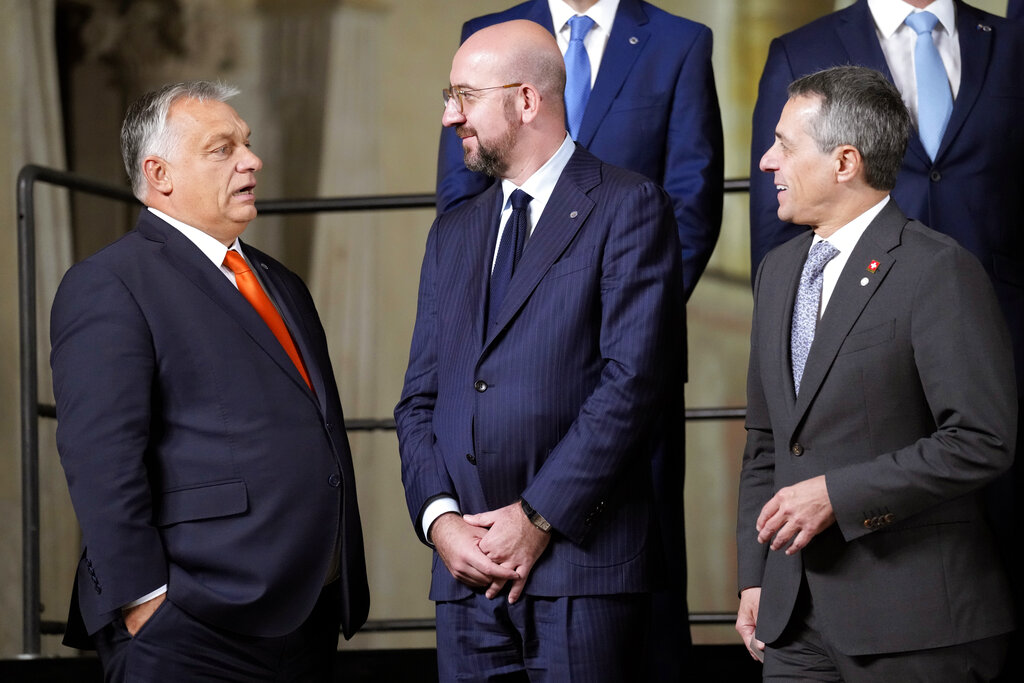Hungary, as the holder of the revolving presidency of the Council of the European Union, has no mandate to negotiate on behalf of the EU, European Council President Charles Michel warned Prime Minister Viktor Orbán on Thursday.
This comes fresh on the heels of reports that Orbán is scheduled for a visit to Moscow this Friday, after visiting Kyiv earlier in the week.
“The EU rotating presidency has no mandate to engage with Russia on behalf of the EU. The European Council is clear: Russia is the aggressor, Ukraine is the victim. No discussions about Ukraine can take place without Ukraine,” Michel posted on X.
Hungarian Prime Minister Viktor Orbán said in an interview when he took over the presidency that the first steps to promote peace in Ukraine would not be long in coming. Shortly after Orbán assumed the presidency, he visited Kyiv on July 2, where he announced his intentions to mediate between Ukraine and Russia at a press conference with Ukrainian President Volodymyr Zelensky.
Then, on July 4, several newspapers reported that the Hungarian prime minister would visit Moscow on Friday for talks with Russian President Vladimir Putin.
Many EU leaders, including Michel, reacted aggressively to news that Orbán was looking to move forward with peace talks with Putin while serving as head of the EU Council.
The general rule of the EU is that officials acting on behalf of the EU presidency must — in formal negotiations in the international arena and with other EU institutions — represent the common position of the 27 member states rather than their own country.
On the war in Ukraine, neither the European Council, made up of heads of state and government, nor the Council of the European Union, which brings together the ministers of EU countries, has decided to open negotiations with Russia. At the last EU summit, leaders agreed, among other things, to support Ukraine militarily, financially and politically for as long as necessary and to negotiate peace only along terms specified by Kyiv.






